BOOK REVIEW: SORDIDEZ BY E.G. CONDÉ
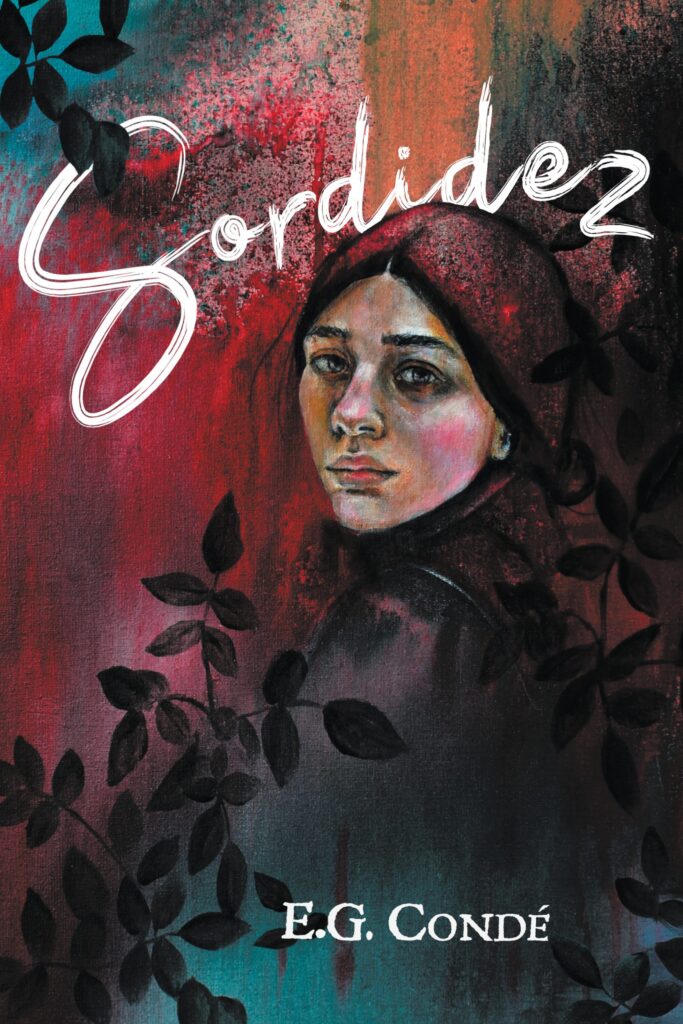
Within these two apocalyptic settings where all four of the Horsemen of Revelation ride, the stories of three protagonists intertwine via multiple points of views and narrative voices (first- and third-person). In both Puerto Rico and in the Yucatán, these characters face their dystopic present to envision positive Indigenous-led futures enacted by purposeful decolonization and embrace of their ancestral ways.
Book Review: Dehiscent by Ashley Deng
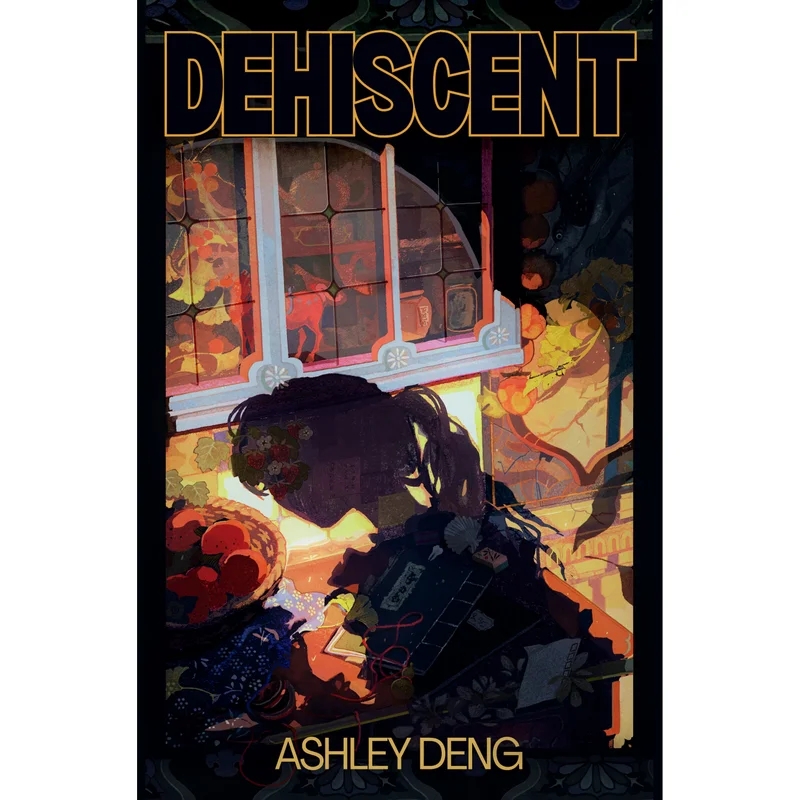
Dehiscent has a form of New Weird that combines eco-horror with what might be considered cozy horror, despite unsettling themes of the prison that can form from the recognition of privilege while feeling powerless to change it. With rich, quiet atmosphere and an exceptionally compelling and realistic, empathetic protagonist, Deng lifts a mirror to our current lives to reflect a fantastic image of how divisions of humanity would continue.
736. Iori Kusano (a.k.a. No “L”s Iori) — Hybrid Heart

https://media.blubrry.com/skiffyandfanty/dts.podtrac.com/redirect.mp3/archive.org/download/sand-f-736-iori-kusano/SandF_736_Iori_Kusano.mp3Podcast: Play in new window | DownloadSubscribe: Apple Podcasts | Spotify | Android | Email | TuneIn | Deezer | RSSMass surveillance, dystopian industries, and music, oh my! Shaun Duke and Brandon O’Brien are joined by our friend and wicked good author, Iori Kusano, to discuss their new novella, Hybrid Heart! Together, they tackle Japan’s Idol industry, our very real fears (and very current future) of mass surveillance by corporations, and much more! Thanks for listening. We hope you enjoy the episode!
442. Red Dawn (1984) — Torture Cinema #118
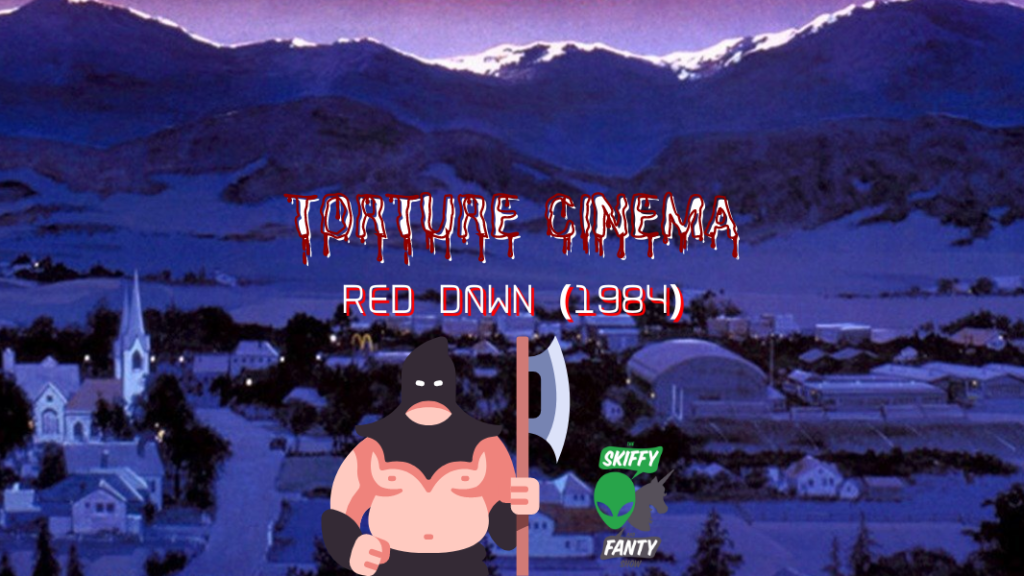
https://media.blubrry.com/skiffyandfanty/dts.podtrac.com/redirect.mp3/archive.org/download/sand-f-episode-442-red-dawn/SandF_Episode_442_Red_Dawn.mp3Podcast: Play in new window | DownloadSubscribe: Apple Podcasts | Spotify | Android | Email | TuneIn | Deezer | RSS80s politics, weird story choices, and Wolverines!!!, oh my! Shaun Duke, Alex Acks, and Paul Weimer join forces to discuss 1984’s most memorable jingoistic nuclear war film, Red Dawn. Together, they discuss the film’s history and impact, just what it takes to be a Wolverine, what the 80s were like, and so much more! Thanks for listening. We hope you enjoy the episode!
410. 3 African Short Films (or, Hey, It’s African SF!) — At the Movies
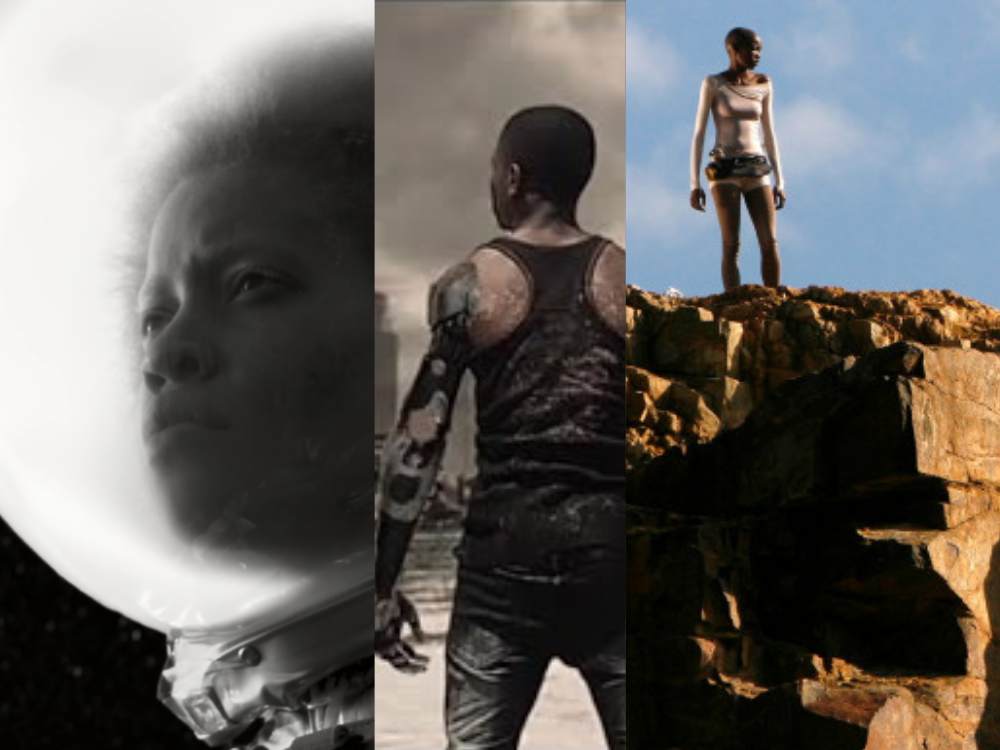
https://media.blubrry.com/skiffyandfanty/dts.podtrac.com/redirect.mp3/archive.org/download/sand-f-410-3-short-african-films/SandF_410_3_Short_African_Films.mp3Podcast: Play in new window | DownloadSubscribe: Apple Podcasts | Spotify | Android | Email | TuneIn | Deezer | RSSNew years, new shiny, and memories, oh my! Shaun Duke and Jen Zink dive into the exciding world of African short films with a look at three exciting projects from the last decade-ish — Afronauts (2017), Z: The Beginning (2019), and Pumzi (2009). Together, they explore their themes of dystopia and hope, their treatment of African culture and familiar ideas from SF, and just what makes these films so special! Thanks for listening. We hope you enjoy the episode!
Beautiful Dystopias: ‘The Belles’ and ‘Uglies’
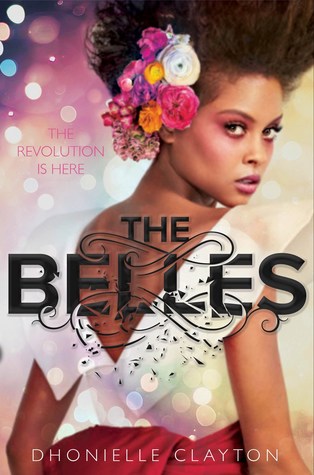
Since the launch of The Belles earlier this year, Dhonielle Clayton has been very open about taking inspiration from Uglies by Scott Westerfeld. The two books form an interesting dialogue, with The Belles building on the foundation formed by Uglies while bringing a somewhat more nuanced and feminine perspective. The two books share a focus on beauty, with each building a different culture around it. The Belles takes a fantasy angle: the people of Orleans are cursed by the gods to look ugly—with grey skin, red eyes and hair like rotten straw. They rely on the Belles to magically change their appearance into something beautiful. Exactly what that looks like changes from season to season, and these treatments eventually wear off, needing to be renewed. Camellia Beauregard hopes to be chosen as the Favourite of the Queen of Orleans and serve as the foremost Belle in the kingdom. However, she soon finds the reality of the dream is not quite what she expected.

